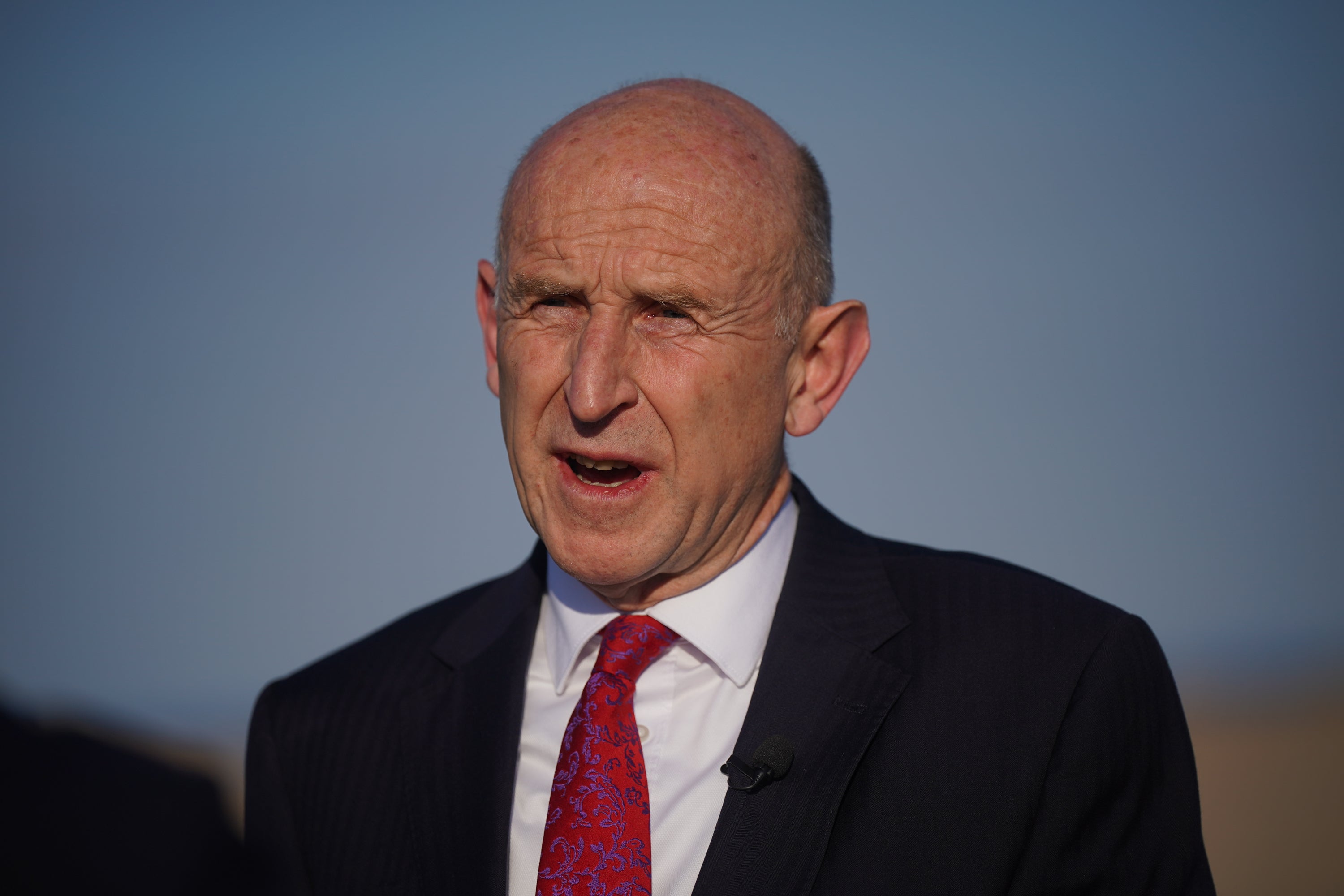British Army set to shrink to smallest size since before Napoleonic wars
Defence secretary says army personnel will drop below 70,000 next year - lowest since 1793

Your support helps us to tell the story
From reproductive rights to climate change to Big Tech, The Independent is on the ground when the story is developing. Whether it's investigating the financials of Elon Musk's pro-Trump PAC or producing our latest documentary, 'The A Word', which shines a light on the American women fighting for reproductive rights, we know how important it is to parse out the facts from the messaging.
At such a critical moment in US history, we need reporters on the ground. Your donation allows us to keep sending journalists to speak to both sides of the story.
The Independent is trusted by Americans across the entire political spectrum. And unlike many other quality news outlets, we choose not to lock Americans out of our reporting and analysis with paywalls. We believe quality journalism should be available to everyone, paid for by those who can afford it.
Your support makes all the difference.Defence secretary John Healey has shocked MPs after he admitted that the army is on course to fall to its lowest number of personnel for more than 230 years.
Answering questions from in parliament, the minister confirmed that the size of the army will fall below 70,000 for the first time since 1793.
Back then, the British Army had around 40,000 soldiers but was rapidly increased to fight the French Revolutionary and Napoleonic wars.
Answering a question from Labour MP Emma Lewell-Buck, the defence secretary said: “I am really angry about the state of defence after the last Government: there are billion-pound black holes in defence plans; service morale is at record lows; and Army numbers are set to fall below 70,000 next year.

“We will work night and day to make our forces more fit to fight, and to make Britain more secure at home and stronger abroad.”
However, Tory former armed forces minister Mark Francois blamed the government for creating a climate of fear for soldiers over being chased for legal cases resulting from them carrying out their duties in combat zzones.
He pointed to the new govenrment’s decision not to give veterans immunity from prosecution as the main reason for the recruitment crisis.
Mr Francois said: “The army has both a recruitment and a retention crisis and Labour’s mad decision to repeal the NI Legacy Bill - which was designed, in part, to protect army veterans from an endless cycle of reinvestigation, often at the hands of Sinn Fein - will only accelerate the exodus from the ranks.
“Who would be a soldier for a Government that doesn’t have your back, even when you’re fighting terrorists?”
However, army numbers have been falling steadily since the strategy defence and security review in 2010 when David Cameron’s coalition government slashed the size of the army to 80,000 and scrapped a number of historic regiments.
Labour is currently doing its own strategic defence review but has inherited a situation where many projects including a modern fleet of heavy army vehicles, new destroyers and frigates and up to date fighter jets are behind schedule and over budget.
Mr Healey has committed Labour to eventually spending 2.5 per cent of GDP on defence but have yet to set a timetable.
The minister told MPs: “The government are totally committed to spending 2.5 per cent on defence to meet the increasing threat the country faces. The prime minister confirmed that in his first week in office, when he and I were together at the NATO summit in Washington.”
Clashing with Tory shadow defence secretary James Cartlidge, he added: “Of course, the last time this country spent 2.5 per cent on defence was in 2010 under Labour, and that level was not matched in any one of the 14 years in which [the shadow defence secretary’s] party was in power.”
Join our commenting forum
Join thought-provoking conversations, follow other Independent readers and see their replies
Comments